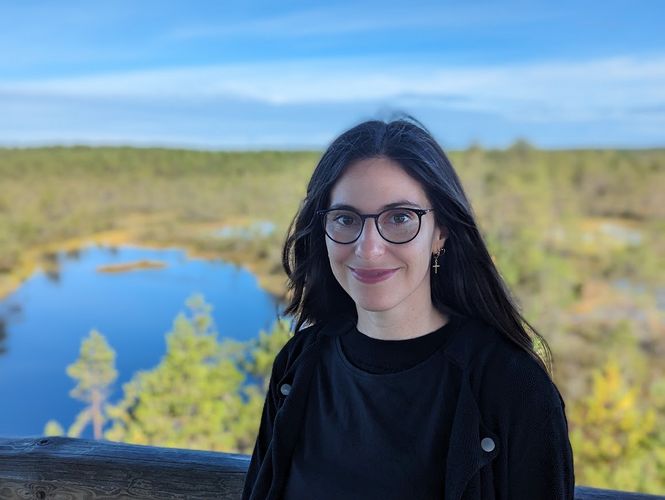“The overarching goal of CASCADE is to provide a systemic perspective on the spread of the societal impacts of floods and droughts in Europe. We want to investigate how the impacts of extreme weather and climate events are amplified and how domino effects take hold across different economic sectors and systems,” says Dr de Brito, describing the research project. “This includes the impacts on forestry, health, tourism, agriculture and critical infrastructure. The main social and physical driving forces of these impacts will also be identified.”
The establishment of this junior professorship means that Leipzig University can take an important step towards establishing itself as a leading institution in the field of earth system science (ESS). “I am delighted that the University has the opportunity to underpin our commitment to earth system science with an excellent personality. We will finally be able to close the gap between data-driven earth system science and quantitative social research,” says Dr Miguel Mahecha, Professor of Earth System Data Science and Remote Sensing and co-applicant, about the prospects of the new junior professorship. “It is absolutely vital to consider the human component in the earth system. I am convinced that Dr de Brito’s unique scientific approaches can open up fantastic new perspectives both for students and for our research landscape in Leipzig.”
“The new junior professorship will aid the Institute for Geography in the further development of geography-related degree programmes, particularly in the field of society and the environment. This initiative underlines the University’s efforts to continuously reform its courses of study and consolidate its position as a centre of excellence for earth system science. Collaborative synergies with partner institutions, such as the Helmholtz Centre for Environmental Research (UFZ), the Leibniz Institute for Tropospheric Research (TROPOS), the Leibniz Institute for the History and Culture of Eastern Europe (GWZO) and the Max Planck Institute for Biogeochemistry (MPI-BGC), also aim to promote interdisciplinary cooperation and advance the University’s strategic goals in the field of ESS.
Further information:





























































